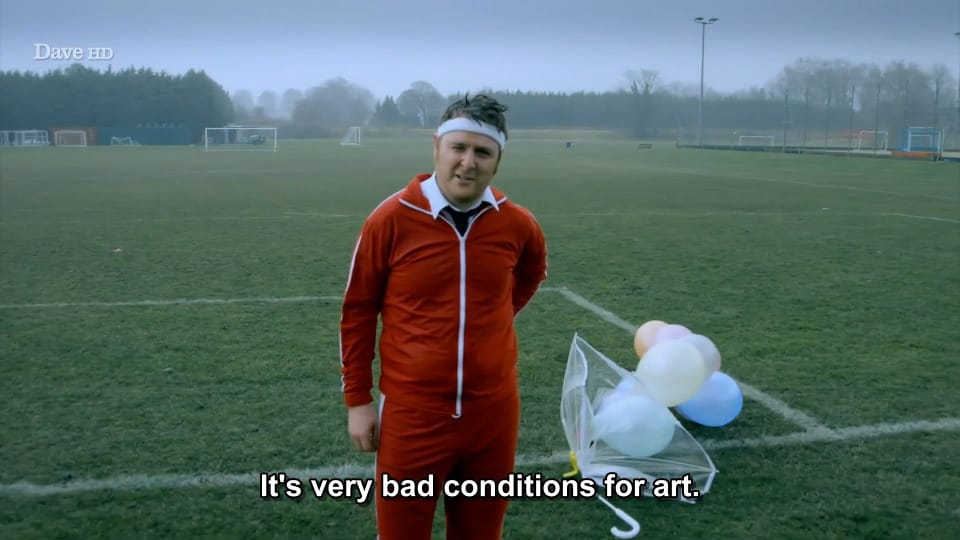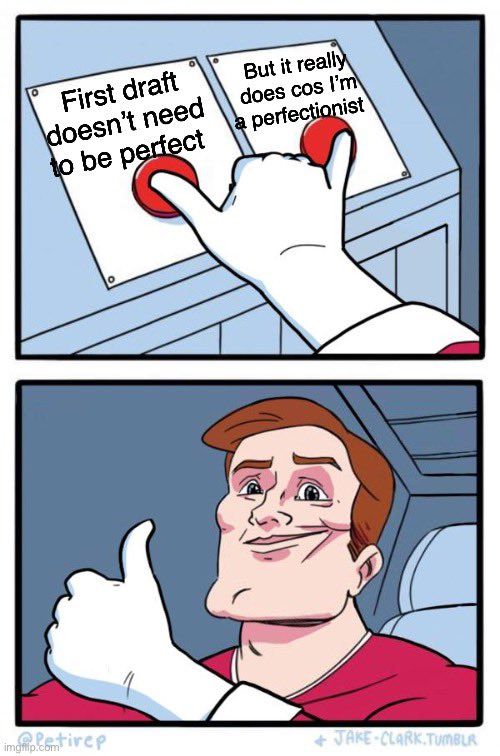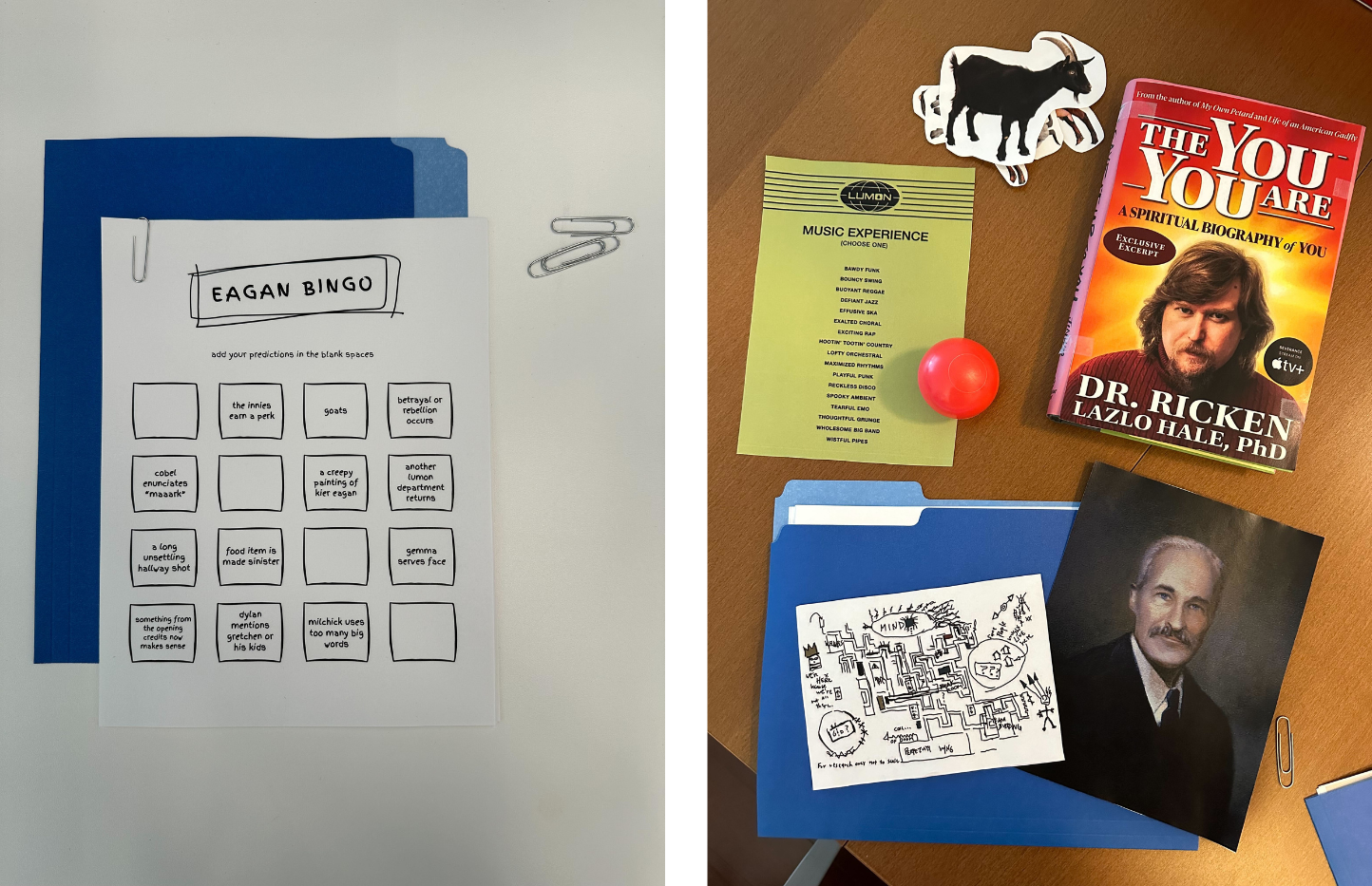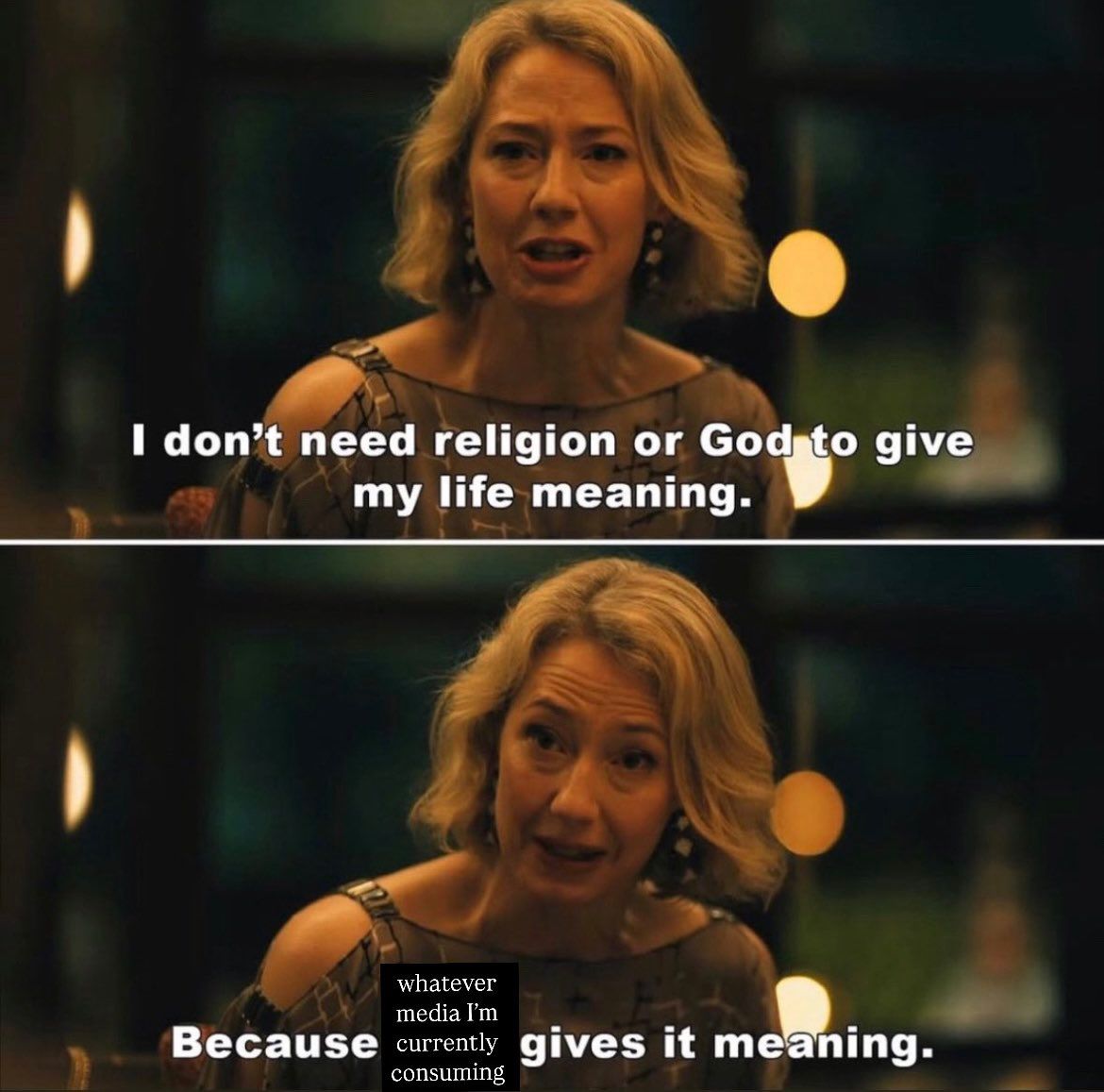Issue 91: Safeguard your creativity

In 2024, I wrote a novel draft in nine months. On paper, I accomplished what I set out to do—write consistently, use my writing fellowship time and resources, maintain focus on a single project, and make it to the end of a first draft. But in all honesty, the drafting experience was challenging and anxiety-inducing, and I realize now that this was, in part, a trap I’d set for myself.
As part of our fellowship, we got paired with a freelance editor. My editor was great to work with. When we first met last summer, she asked me about the novel and my intentions, shared her approach to giving feedback, and was flexible with the timeline. I committed to turning in a full first draft in October. In the past, I’ve done writing challenges (The 100 Day Project, 1000 Words of Summer, National Novel Writing Month). I’ve used submission deadlines for lit mags and workshops to generate or revise work. How different could it be to impose a deadline for a novel draft?
Comedian Tim Key, from the first season of British comedy game show Taskmaster, sums it up best: “It’s very bad conditions for art.”

I’d received a lot of writing advice to just “make it to the end” and that “done is better than perfect.” While these ended up being helpful reminders I repeated to myself, I often showed up to the page more scared than excited. I slept so poorly for most of last year because I procrastinated every day, avoiding the draft until the last possible minute. Even though I wrote consistently and jotted down my daily progress in a notebook, those word counts hid a lot of my fear. I ended most writing days with the relief that I had shown up and written rather than any sense of pride or delight in what I’d written. For any long project, I knew I wasn’t going to be in love with my own writing every step of the way, but man, the ratio of good to bad writing days was pretty awful.
In the summer, I mulled over my creative anxieties with a friend over kaya toast and iced coffee. She asked me what was the worst thing I feared happening. It was the first time I laid it all out, out loud.
If I don’t turn in any draft at all, that will reflect poorly on me and the fellowship. I’ll let down the editor who’s given their time, and the program director who helped with the editor match. If I turn in a “bad” draft, I’m scared the editor will judge me for it and wonder how I got the fellowship in the first place.
My friend nodded sympathetically, but didn’t sugar coat it. “Yeah, that’s pretty bad.”
Even she could tell it was very bad conditions for art. No wonder I was having a hard time writing and feeling any kind of positive feelings about it. I had put so much weight on this draft that the anxiety crowded out any ability to actually be creative. Although I didn’t give myself much of a reprieve that moment, it was helpful to have someone urge me, gently but directly, to disentangle myself from these worries.
This all crystallized for me when I went to a recent book launch at The Center for Fiction, where Jinwoo Chong talked about how important it is to know what can be poison to creativity. He spoke about this in the context of his second novel, and how this time, he knew much more about how the machinery of publishing worked. In order to write, he had to separate himself from that knowledge and comparison.
“You have to safeguard your creativity,” he said.
In retrospect, I over-indexed on the “make it to the end” motto, which meant pushing past a lot of my own instincts. I ultimately wrote a lot but lost the joy of writing. I focused more on stamina and delivery than thinking about if the process was working for me.
I turned in the draft in October, got first round notes in December, and met with my editor in late January. Her notes were insightful and she touched on a lot of things I already had in mind for potential edits (e.g. consolidating some characters and storylines, more clear depictions of the industry in which the characters worked in). She even offered a second round of feedback, after I had a chance to incorporate edits. This time though, I declined to commit to any date.
Years ago, when I read that Lauren Groff hand writes her first three or four drafts and then never looks at them again, I was flabbergasted. How could anyone write that much without so much as rereading them? Turns out, this is great advice. I took 3-4 months off from writing aka typing any words on the computer. I focused on exploring ideas for a complete rewrite in my journal, letting them marinate until one of them stood out and I started to feel that pull towards the page. It was a feeling I had forgotten. Anticipation, not anxiety. I didn’t set any specific date to start a new Scrivener draft. One day, I just found myself ready to write.
In ungenerous moments towards myself, I worry that I’ve wasted a whole year of my life. But then I remember that every piece of writing teaches you something new about yourself. Groff reminds me that “nothing is ever wasted.” You carry forward things that are useful, and leave the rest. While I’m essentially changing the entire plot of the novel, I’m keeping the two main characters and their emotional arc. I’m still trying to explore the same subjects of mental health and sibling and creative dynamics. I’m applying my editor’s advice to set things more in scene and to make the characters more distinct.
So, what are good conditions for art? Maybe this means, as Katie Hawkins-Gaar puts it, keeping the North Star of a project, “Does it still feel fun?” Allowing the time it needs to develop. Paying attention to how the work feels. Starting fresh. Not being afraid to change up your process.
After a year of extreme structure and self-imposed deadlines, I’m leaning more into my intuition and rediscovering that creative antsiness that made me fall in love with writing in the first place. So as I embark on this second draft, here’s my new motto: safeguard your creativity.


Creative resources
- I’ve been enjoying Brandon Taylor’s series on Story Basics, including openings and situation
- “In Dark Times, What is the Artist's Role?” - a conversation between Elif Batuman and Jessica Nordell
- René Ostberg on the benefits of taking a writing break: “As important as it is to practice self-discipline and self-advocacy, to establish a daily writing practice and insist on your right to write without distractions, isn’t it just as important to give yourself, and your work, some breathing room? To just take a break?”
- Applications are open for the Martha MOCA Artist Residency now through May 1st for one month stays in September and October in Lambertville, New Jersey. Artists of all disciplines are encouraged to apply.
- A book media roundtable in Alia Hanna Habib’s newsletter about how editors and critics decide which books to cover, book coverage, and navigating a difficult media environment
- Thanks Jillian for including this newsletter in your list of 142 tools and resources for freelancers!
Recent resources & other media
I loved The Ministry of Time by Kaliane Bradley, a genre-bending novel about time travel, displacement, romance, and assimilation. The vignette-y structure made it a fast read and I liked that Bradley leaned into both humor and historical traumas/realities. Delia Cai’s Central Places captured mother/daughter dynamics so well and hit close to home since I also grew up where the book is set in central Illinois. More, Please by Emma Specter was a fantastic memoir exploring binge eating disorder, fatness, mental health, and diet culture. It’s rare to read a book solely focused on BED, both at an individual and societal level, and I connected to a lot of Specter’s journey.
Colman Domingo and Clarence Maclin were incredible in Sing Sing, a film about a real theater program in the maximum security prison. It’s a moving exploration of the healing nature of the arts. The filmmakers also did something different in terms of independent film financing—they paid everyone on set the same wage in exchange for a percentage of equity.
For E’s birthday this year, we watched Boyhood, which was a very nostalgic coming-of-age movie. I also watched Adolescence, which captures the dark side of contemporary boyhood and online radicalization. While I was recovering from a gnarly cold, I caught up on the latest season of The White Lotus and The Pitt. I, like many people, am now espousing The Pitt to any person I see. (It’s ER meets 24! Noah Wyle bark bark bark!)
For the season finale of Severance, I threw a watch party complete with an egg bar and Eagan bingo!

Recently read short stories: I loved all the stories in Jessie Ren Marshall’s collection Women! In! Peril! (but particularly “Annie 2” and “The Birds in Trafalgar Square”)
Note: Book links are connected to my Bookshop affiliate page. If you purchase a book from there, you'll be supporting my work and local independent bookstores!
~ meme myself and i ~
When you're at the wrong restaurant for a catch-up session. Trust the process. What walking around a bookstore is actually like. No more news, I will be experiencing the world in other ways. Yapper’s regret. The world’s best Lego helper.

